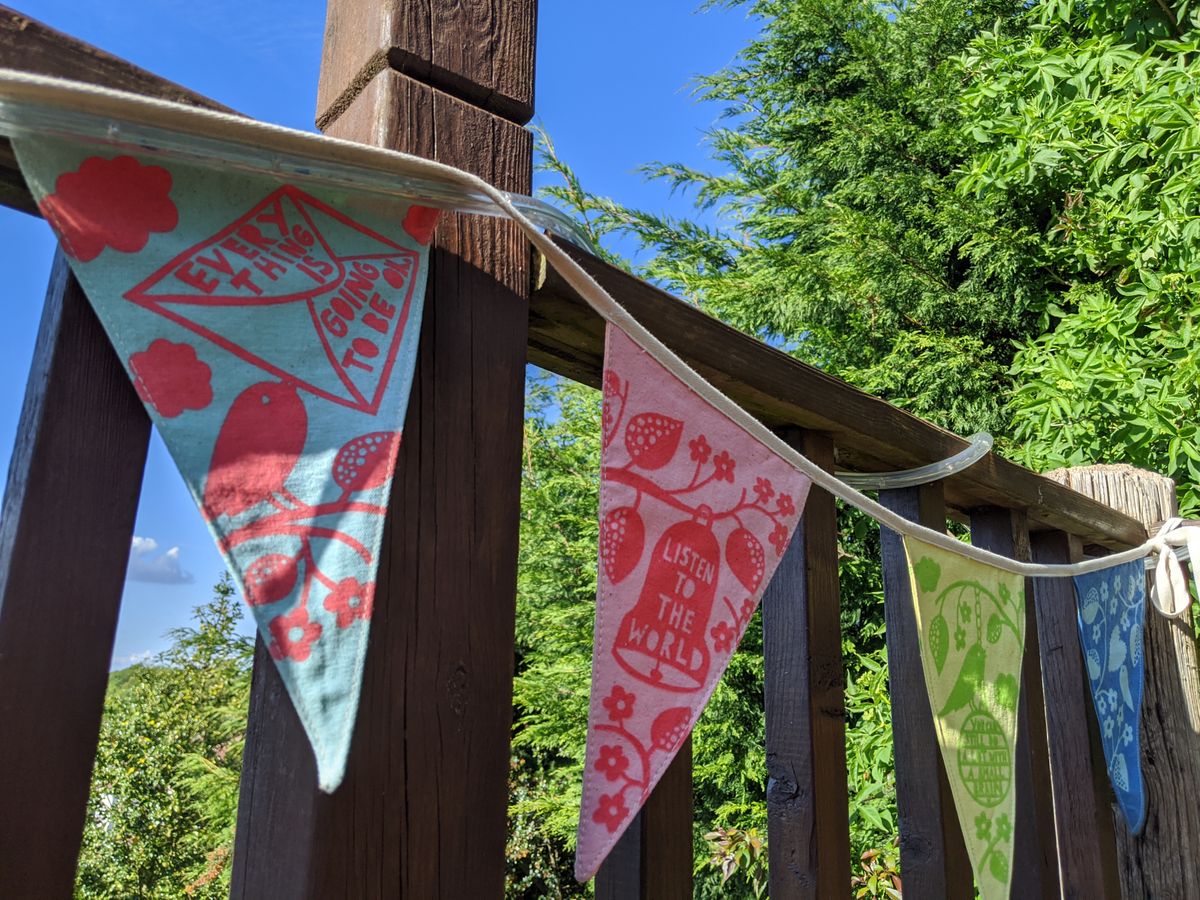On conversations
What questions do you encourage and what do you push away? What conversations are flourishing for change in your organisation?

I want to write more about conversations and questions in the workplace. How do we listen to questions and how do we respond?
During my planned break from full-time time work, I've attended webinars, heard talks, read books - some referred to agile principles and the importance of interactions over processes, collaboration over contracts. Some set out agile practices and shared draft templates. All well and good and...
Too often the content didn't focus enough on precision - on questions and responses.
Responses to questions
Let’s imagine someone in your organisation questions something in a workshop. It could be about draft content, a product idea or an approach to an issue. Will people in the room ask to hear more or try to move on?
Let's consider a few responses to questions you may have heard and pause to reflect on the impact.
Does someone respond to a question and say 'that's focusing on problems or issues too much'?
Let's pause. Instead it could be the other person is more closely considering challenges as opportunities and it’s key to understand the detail first. Is it beneficial to hear that something may be wrong or missed, before it happens?
Does someone respond to a question and say 'that's being negative'?
Instead, it could be the other person is being positive in believing that the issue or idea being considered can and must be better. If we don't pause to learn more about potential negative consequences, how will others know they'll be heard when it really does hit the fan?
Does someone respond to a question and say 'that's over-thinking'?
It could be thinking deeply or differently instead and others in the room are ‘under-thinking’. Each person can only hold so many perspectives and experiences and shouldn't we ensure it's not just our own which is heard?
Maybe these responses to questions are obvious to you. I'm using these examples as a reminder that agile or product management practices, frameworks and templates can only be as good as the perspectives, questions and answers you cultivate and allow to flourish.
Don't ignore any discomfort if you're sometimes (unwilling to be!) wrong or if a realisation lands - you, or people around you, may be afraid to respond to question and say 'I don't know and tell me more'.
Questions on responses
Are people in your organisation encouraged to apply new approaches to safely surface disagreements, encourage curiosity or share different perspectives with kindness?
Do you accept questions which challenge your assumptions?
Next time I may think about deflecting a question - I'm going to pause, sit with it and be curious.
What do your responses tell you?